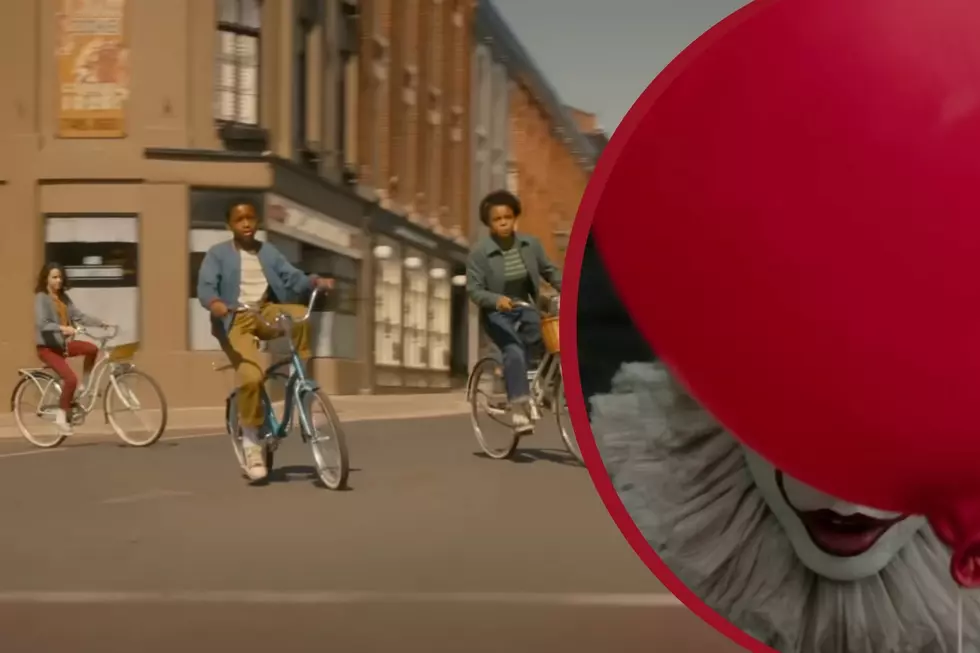
Maine Buckle Up. No Excuses! Click it or Ticket starts Monday
The Click it or Ticket campaign is back again this year and it kicks off in Maine on Monday May 24th. The National Highway Traffic Safety Administration's program will be an increased effort over two weeks to remind people of the importance of buckling your seat belts. This year the campaign in Maine will be the Maine Buckle Up. No Excuses!
There will be increased patrols and details over the two-week span with local police departments, sheriff's and Maine State Police departments assisting on the campaign. Lauren Stewart, Director of the Maine Bureau of Safety says, “Our sole purpose is to save lives and raise awareness about the importance of always wearing your seat belt". She went on to add " “It’s takes just one second to make it click and it could save your life”
If you are caught not wearing your seat belt in Maine the first-time offense is a fine of up to $85. Since January 1, 2018 there have been 187 fatal crashes with unbelted drivers. The most common age of people involved in these crashes were between the ages of 25-34. The NHTSA says that in 2019 there were 9,466 unbuckled people killed in crashes in the United States.

The checks during the two-week campaign will occur during all times of day and at nighttime. Over half of the fatal accidents of unbuckled occupants in 2019 occurred 6:00 p.m. and 5:59 a.m. If you are not in the habit now, trust me, you want to do whatever it takes to get into the habit of buckling up. It has been a few years but I have been cited during the Click it or Ticket Campaign. You aren't just buckling up to save from having to pay a fine, you are buckling up to save your life!
LOOK: What are the odds that these 50 totally random events will happen to you?
More From









